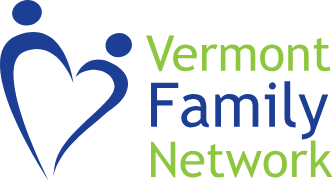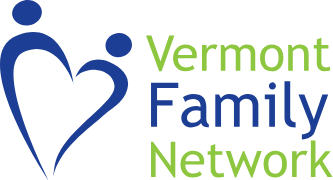- How do I apply for Developmental Services?
If you think you may have a developmental disability or you are the parent or guardian of a person who may have a developmental disability, you may apply for Developmental Services. Call our Family Support staff for help in finding the Designated Agency closest to where you live.
2. What happens when I apply for Developmental Services?
You will have an intake appointment at your Designated Agency. The Designated Agency will then determine if you or your child are eligible for Developmental Services. To determine this, the agency uses the Vermont definition of a developmental disability. Simplified, it is:
- An IQ less than 70 OR diagnosis of a Pervasive Developmental Disorder (autistic disorder, Rett’s disorder, childhood disintegration disorder, Asperger’s disorder, and PDD-NOS are included) which occurred before age 18 and
- Substantial deficits in adaptive behavior which occurred before age 18
Even if you have a developmental disability, access to services will depend on the availability of funding and whether you meet a funding priority.
3. What are my rights?
According to Vermont regulations, you have the right to the following when you apply for Developmental Services at your Designated Agency:
- An application for Developmental Services. You have the right to apply for services even if you don’t think you meet a funding priority or don’t have a diagnosis. Right now, a very simple written application is all that is available and the rest is done during the intake interview.
- An intake where you meet with someone from the human services agency and they review your records, history and current needs. If you have not been diagnosed with a Pervasive Developmental Disorder but think you might have one, you have the right to an assessment/evaluation.
- Follow-up from your human services agency. You have the right to be told the agency’s decision, in writing, and to know why you are being denied services. If you are eligible, but don’t meet a funding priority, your agency must place you on an Applicant List. You have the right to a review at least yearly to see if your needs now meet a funding priority.
- An appeal. If you are denied services, you can appeal the decision. Tell the person who did your intake that you would like to start the appeal process.
4. What is the Bridge Program?
The Bridge Program: Care Coordination for Children with Developmental Disabilities offers families assistance with accessing needed medical, educational, social or other services to address their children’s needs.It offers care coordination to assist families of Medicaid eligible children under 22.

